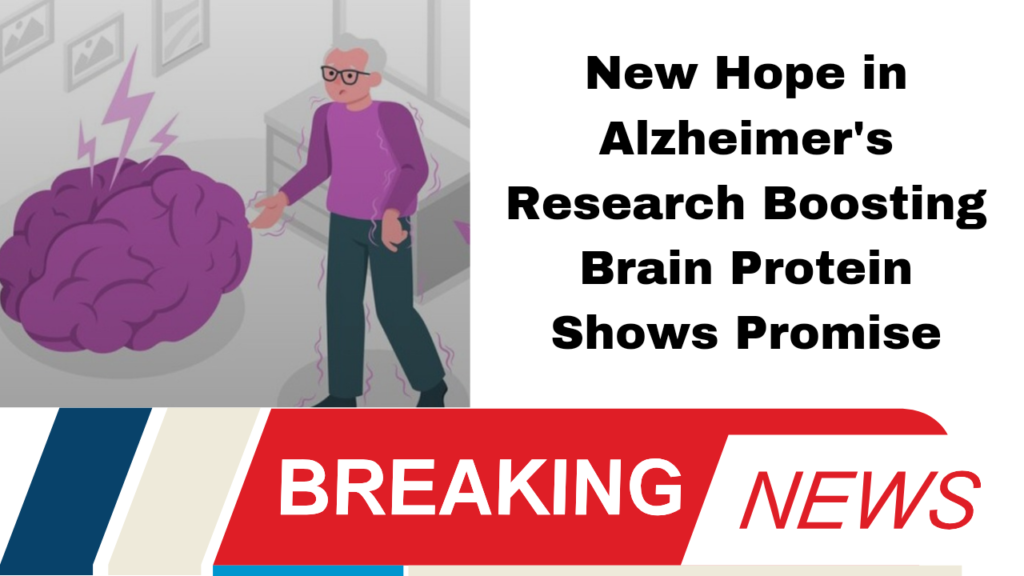Recent research suggests that increasing a specific brain protein may slow down Alzheimer’s disease, challenging previous theories about the illness.
Revisiting Alzheimer’s Theory: Traditionally, Alzheimer’s was thought to be caused by amyloid-beta 42 (Aβ42) protein forming plaques in the brain. These plaques were believed to damage brain cells and lead to memory loss.
New Findings: Researchers at the University of Cincinnati have proposed a different view. They believe that Alzheimer’s might be caused by low levels of healthy Aβ42 rather than by the plaques themselves. This idea emerged from observing that new antibody treatments for Alzheimer’s, like lecanemab (Leqembi) and donanemab (Kisunla), raised Aβ42 levels in the brain.
Research Details: The study analyzed data from nearly 26,000 Alzheimer’s patients who were part of 24 clinical trials involving these new treatments. Researchers found that higher levels of Aβ42 were linked to slower cognitive decline. This suggests that restoring Aβ42 to normal levels might be more beneficial than just focusing on removing amyloid plaques.
Amyloid Plaques: The researchers also noted that amyloid plaques might not be as harmful as previously thought. They argue that these plaques could be a response to stressors rather than a direct cause of Alzheimer’s. In other words, plaques might indicate the brain’s attempt to handle stress, and a lack of Aβ42 could be more critical in the development of dementia.
Future Directions: The study proposes exploring treatments that directly increase Aβ42 levels without targeting amyloid plaques. This approach could offer new ways to manage or slow the progression of Alzheimer’s.
Expert Opinions: Ozama Ismail, PhD, from the Alzheimer’s Association, commented that Alzheimer’s is a complex disease with multiple contributing factors. While Aβ42 is important, other elements like tau protein, immune response, and vascular health also play significant roles. Ismail advocates for a multi-faceted treatment strategy that addresses various aspects of the disease.The University of Cincinnati’s findings open up new possibilities for Alzheimer’s treatment by focusing on boosting Aβ42 levels. Future research will be crucial to developing effective therapies that address the complexities of this challenging disease.
